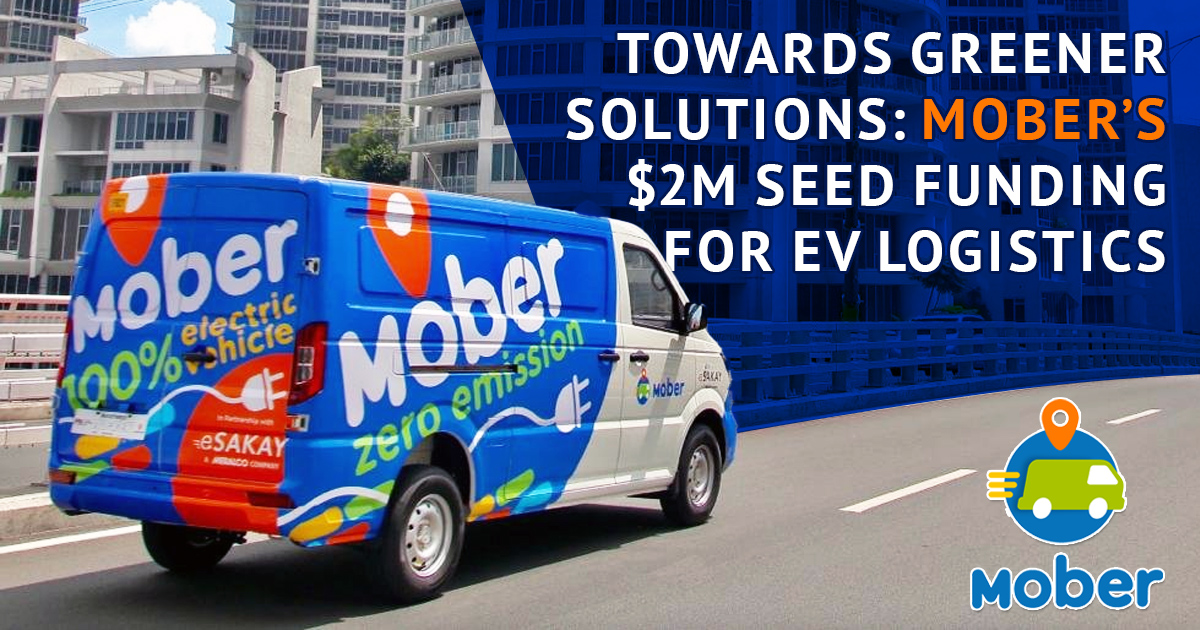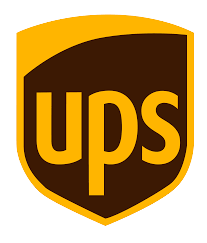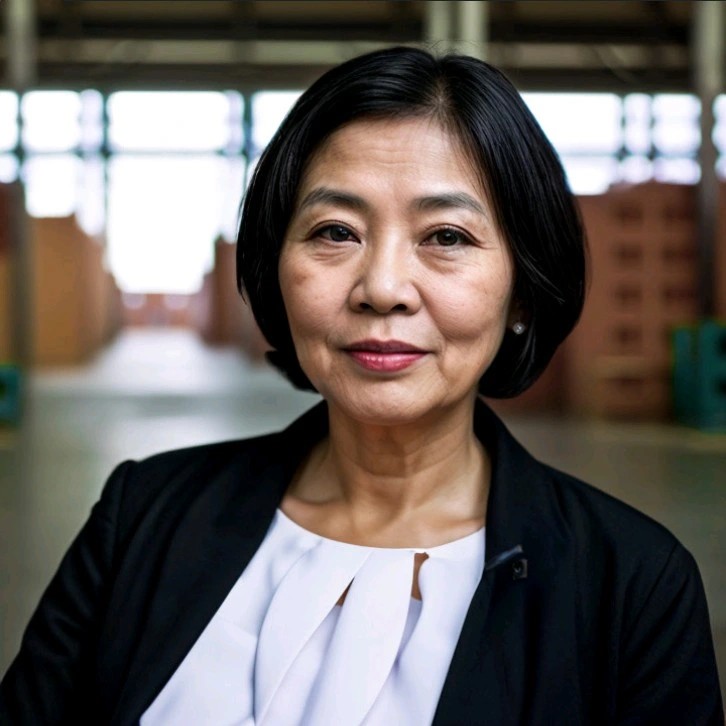
The logistics industry in the Philippines has seen a significant transformation, especially in the market and logistics of electric vehicles. From the recent news about the $2 million seed funding received by Mober, which they plan to use to expand their EV logistics operations, making a huge leap towards clean and green solutions in the logistics industry.
Driving Force Behind Mober’s Green Initiative
According to Mober, their recent seed funding expedite their movement towards sustainability. “With the new funding, Mober has expanded its EV fleet to 60 vehicles, enhancing its capability to meet the rising demand for eco-friendly logistics services”.
Mober started in 2015 to help small and medium-sized businesses (SMEs) with their on-demand delivery needs. Over the past 8 years, it has grown into a B2B platform that facilitates sustainable delivery services for large retail companies like IKEA Philippines, SM Appliance Center, Nestlé Philippines, and Nespresso.
Mober, known for its green + tech logistics, is an emerging leader in EV logistics in the Philippines and has positioned itself to be leading the country’s green logistics innovation. Mober’s goal is to become the top green logistics delivery provider in Southeast Asia. With the fresh influx of $2M in seed funding, the company is set to significantly increase its fleet of electric vehicles. This expansion is a testament to Mober’s commitment to reducing emissions and paving the way for a more sustainable logistics industry in the Philippines and beyond.
Role of EV Logistics in Green Solutions
Electric vehicles (EVs) are crucial for the logistics industry to become more environmentally-friendly. They provide a cleaner option compared to traditional diesel trucks. The benefits of using electric vehicles include:
- Reduced greenhouse gas emissions
- Lower operating costs
- Decreased fossil fuels use
Mober’s goal in expanding their EV logistics operations shows the potential for the logistics industry to have a positive impact on both the environment and the economy. By shifting towards eco-friendly EVs, logistics service providers can reduce their carbon footprint while also achieving cost savings.
Mober’s Path to Revolutionizing Philippine Logistics
As Mober continues to expand its operations with sustainable practices in its vision, it also sets a new standard for the logistics industry in the Philippines. Their focus on using electric vehicles and implementing green solutions reflects a broader shift towards an eco-friendly and thriving logistics industry. In a country like the Philippines which is rich in environmental resources, the goal of balancing economic growth with environmental protection should be a top priority.
This is made possible with Mober’s journey as a great example of how innovation and environmental responsibility can work together. This provides valuable insights that other companies in the logistics and transportation industries can learn from.
Other Delivery Providers that Invest in EV Logistics
So far, Mober is the only startup in the market that provides electric vehicle (EV) delivery services. It is positioning itself as a pioneer in offering EV-based delivery solutions, making it unique among the various startups in the logistics and delivery space. However, some of the leading logistics companies that expanded here in the Philippines already practice green solutions in their logistics operations. These are:
DHL Express

DHL Express is one of the leading international delivery service providers that expanded its operations in the Philippines today. It’s contribution towards green solutions was seen when it operated its electric vehicle (EV) fleet in the Philippines. DHL first introduced EVs to its Philippine operations in December 2021, by adding 18 new EVs, including 13 delivery vans and 5 electric motorcycles, as part of its efforts to reduce the environmental impact of its logistics activities.
UPS

UPS has become the largest logistics company in the Philippines as its the longest running logistics company for over 6 decades now. While the logistics market in the Philippines is highly competitive today, UPS long-running reputation stands out as a company that can be relied upon regarding technology. In 2018, UPS developed a new “world-first” electric vehicle (EV) charging system for its delivery fleet in London. This on-site charging system allows UPS to charge their electric vehicles overnight, so they can then use that stored energy to power their logistics operations during the day. Seems promising, but their recent action toward green solutions has not yet expanded in the Philippines.
FedEx

A year before FedEx expanded its network in the Philippines, the company launched the first major fleet consists of all EVs in Asia deploying it in Hong Kong. By the year 2025, FedEx has set a goal for 50% of the vehicles used for FedEx Express pickup and delivery services around the world to be electric vehicles.
This move, not just by Mober but with other delivery service providers like Transportify, Lalamove, and those that doing sustainable practices in their delivery process, is not just about business growth, but a bold step towards implementing green solutions in an industry typically known for having a large carbon footprint. The investment highlights a growing trend of environmental awareness in the logistics sector, underscoring the importance of sustainability and innovation in addressing the challenges of today’s world.
SEE ALSO:
